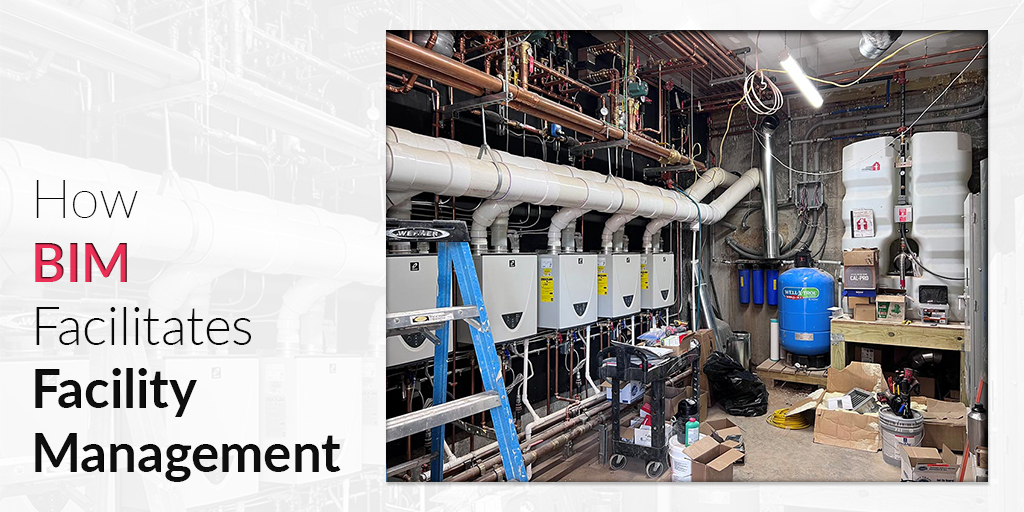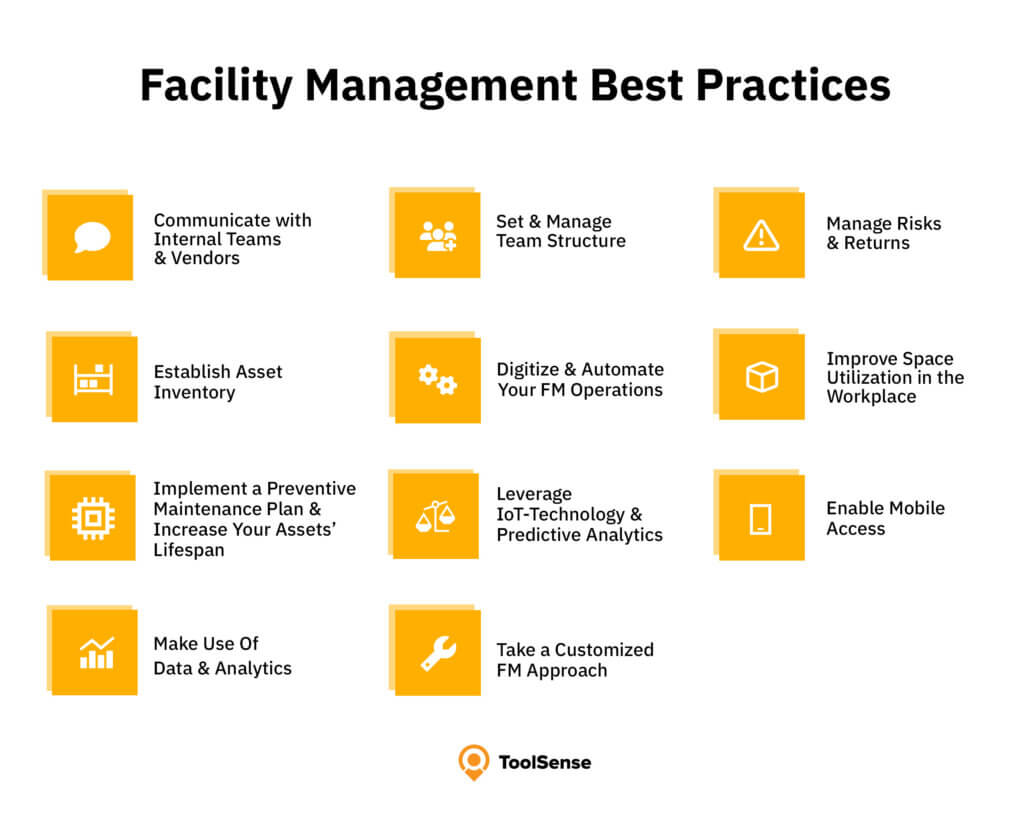Secret Fads Forming the Future of Center Management in 2024
As we expect 2024, the landscape of center management is poised for significant makeover, driven by a number of essential trends. The assimilation of wise structure modern technologies and a shift in the direction of data-driven decision-making promise to boost operational performance while prioritizing sustainability in method. The development of crossbreed work versions is reshaping office settings, requiring cutting-edge design options that provide to developing staff member needs. Amid these adjustments, the focus on passenger health proceeds to acquire grip, underscoring the importance of a healthy workplace. Exactly how these patterns will certainly show up in practice stays a crucial question for industry professionals.
Smart Building Technologies

Smart building technologies include a broad selection of systems, including smart illumination, heating and cooling controls, and security systems. By incorporating these systems, facility supervisors can check and change criteria in real-time, bring about significant decreases in power waste and operational expenses. For example, clever sensors can identify tenancy levels and adjust lighting and temperature level appropriately, making certain that energy is only used when required.
Furthermore, these modern technologies promote boosted information collection, permitting companies to track usage patterns and determine possibilities for more enhancements. The implementation of wise building modern technologies not only contributes to sustainability objectives but additionally develops healthier workplace that can increase worker efficiency and fulfillment.
As we move right into 2024, the adoption of smart building technologies will likely increase, mirroring a broader change towards even more smart, receptive, and sustainable facility management techniques.
Data-Driven Choice Making
Significantly, companies are leveraging data-driven decision making to boost facility management practices. By taking advantage of information analytics, center managers can derive workable insights that dramatically enhance operational performance and source allowance. The assimilation of innovative innovations, such as IoT sensing units and real-time tracking systems, enables the collection of large amounts of information on structure performance, occupancy rates, and energy intake.
This riches of details allows facility supervisors to recognize fads, anticipate maintenance demands, and proactively address issues before they intensify. As an example, anticipating analytics can anticipate tools failings, minimizing downtime and repair prices. Additionally, information visualization tools assist in far better communication amongst stakeholders, making sure that notified choices are made collaboratively.
Moreover, data-driven techniques enhance critical preparation by enabling facility supervisors to examine the efficiency of current techniques and make educated choices pertaining to financial investments in innovation or framework. As companies significantly focus on operational excellence, data-driven choice production is poised to end up being a keystone of successful facility management techniques in 2024 and beyond. Inevitably, the capability to take advantage of data properly will empower companies to develop much more effective, effective, and resilient facilities.
Sustainability and Environment-friendly Practices
The emphasis on data-driven decision making normally straightens with the growing focus on sustainability and green practices within center monitoring. As companies significantly focus on environmental obligation, facility managers are leveraging analytics to optimize resource use, reduce waste, and reduce carbon footprints. This critical approach makes it possible for the integration of energy-efficient systems, such as LED illumination, smart cooling and heating controls, and renewable resource sources right into center procedures.
In addition, the execution of lasting techniques extends beyond power consumption. Center supervisors are adopting green products and advertising reusing initiatives to create a round economic climate within their facilities. This not only improves the ecological account of the organization however also fosters a society of sustainability among employees.
Conformity with environmental laws is an additional important element driving the adoption of environment-friendly practices. By utilizing data analytics, facility supervisors can check compliance metrics and identify areas for improvement, guaranteeing adherence to worldwide and local sustainability criteria.
Crossbreed Work Models
A considerable change in the direction of hybrid job designs is improving the landscape of facility administration in 2024. This paradigm incorporates remote and in-office work, necessitating a reevaluation of room application, resource appropriation, and staff member involvement techniques. Organizations are progressively acknowledging the value of adaptable workspaces that cater to varied requirements and preferences.
Facility managers need Full Article to adapt by implementing versatile office designs that support joint initiatives while supplying areas for concentrated work. This includes the integration of innovation to help with seamless communication and partnership among remote and in-office staff members. Smart building services, outfitted with sensors and analytics, enable real-time tracking of room usage, making it possible for companies to optimize their atmospheres efficiently.
In addition, hybrid job models highlight the need for efficient center management that focuses on staff member experience. In essence, the hybrid work version is transforming center management, motivating an aggressive strategy to fulfill the progressing demands of the workforce.
Boosted Passenger Health
As companies accept hybrid job versions, an enhanced focus on occupant health is coming to be integral to center monitoring techniques. Facility Management. This shift acknowledges that a pleased and healthy labor force directly influences efficiency and retention rates. Facility managers are currently focusing on atmospheres that advertise mental and reference physical health, integrating components such as natural lighting, biophilic style, and available wellness sources

Technology plays an important duty in this evolution. Smart building systems can keep an eye on ecological aspects and adjust setups in real-time, making sure optimal convenience degrees - Facility Management. Comments mechanisms, such as tenancy sensing units and staff member studies, allow center managers to continuously fine-tune wellness efforts based on resident requirements.

Final Thought
In 2024, the future of facility administration will be dramatically affected by the integration of smart structure innovations and data-driven decision-making, fostering improved operational performance. Sustainability initiatives will certainly prioritize environment-friendly practices, while the introduction of hybrid job designs will require versatile office designs. An enhanced focus on resident wellness through advanced HVAC systems and biophilic design will certainly contribute to much healthier work atmospheres. These trends jointly highlight the developing landscape of center management in action to modern obstacles and possibilities.
Center managers are promoting and adopting eco-friendly products recycling campaigns to create a circular economic climate within their centers.A substantial shift towards crossbreed job designs is improving the landscape of center administration in 2024.Moreover, hybrid work designs emphasize the requirement for reliable facility management that prioritizes worker experience.As companies embrace hybrid job designs, an enhanced emphasis on occupant wellness is becoming integral to facility monitoring strategies.In 2024, the future of center management will certainly be considerably influenced by the assimilation of smart building innovations and data-driven decision-making, cultivating boosted operational performance.